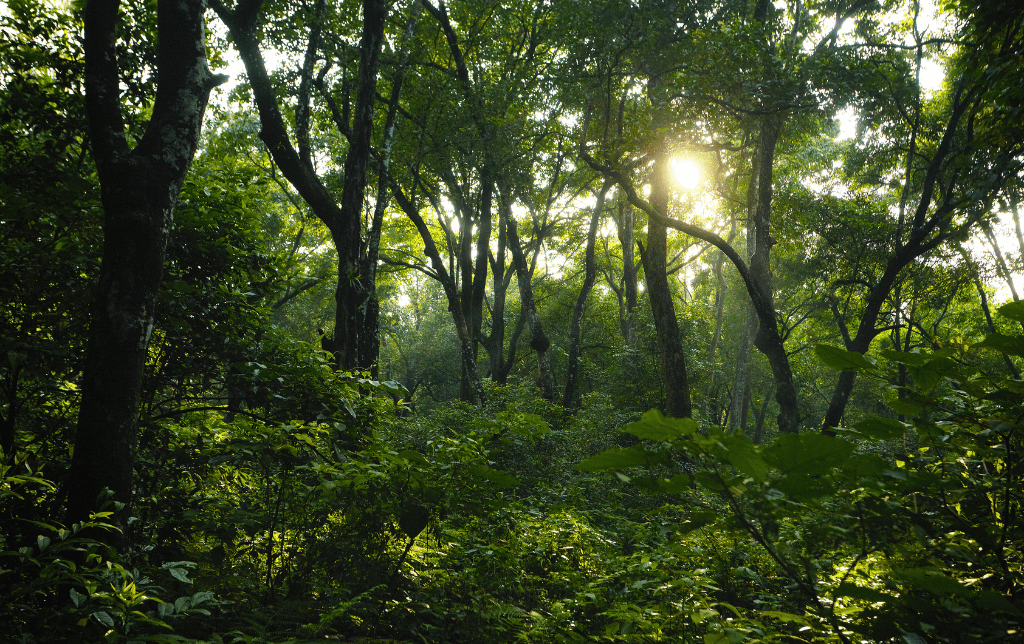Nepal’s rich biodiversity and agricultural heritage create exceptional career opportunities for agriculture and environmental science graduates. With over 22,000 reported species and forest cover exceeding 45% of the total landmass, Nepal remains a hotspot for environmental and agricultural professionals. This comprehensive guide explores the best career paths, highest-paying positions, and future scope for agriculture graduates in Nepal.

Which Job is Best After Agriculture in Nepal?
The most sought-after positions for agriculture graduates in Nepal are with International Non-Governmental Organizations (INGOs). While these positions offer excellent career growth and competitive salaries, they typically require substantial experience and specialized skills.
Why INGO Jobs Stand Out:
- Competitive international salary standards
- Exposure to global best practices
- Opportunities for professional development
- Field work in Nepal’s diverse ecosystems
- Networking with international professionals
Popular INGOs recruiting in Nepal include WWF, UN Environment Programme, UNDP, Helvetas Nepal, ICIMOD, USAID, and FAO. For the latest opportunities, check:
Hiring Nepal’s Agriculture & Environment section
What is the Highest Paid Agricultural Job in Nepal?
The highest-paying agricultural jobs in Nepal fall into two main categories:
1. Senior INGO Positions
- Programme Directors and Country Representatives
- Senior Technical Advisors
- Project Managers for international development projects
- Environmental Consultants for multinational projects
2. High-Level Government Positions
- Joint Secretary and above in Ministry of Agriculture
- Directors in Department of Agriculture
- Senior positions in agricultural research institutions
- Policy advisors for agricultural development
These positions combine fieldwork opportunities with handsome salaries, allowing professionals to work directly with Nepal’s natural environment while earning competitive compensation.
What is the Scope of Agriculture in Nepal?
The scope of agriculture and environmental science in Nepal is exceptionally high due to several unique factors:
Nepal’s Biodiversity Advantage
- High Global Ranking: Nepal ranks among the world’s most biodiverse nations despite its small land area
- Altitudinal Gradients: From Terai lowlands (60m) to Himalayan peaks (8,848m), supporting diverse ecosystems
- Rich Species Composition: Over 22,000 documented species including rare flora and fauna
- Forest Coverage: Approximately 45-46% forest cover with increasing trends
Strategic Geographic Position
Nepal’s location between two major economies (China and India) and its status as a developing nation attracts significant international funding and development projects.
Career Opportunities in Agriculture and Environmental Science
Career Paths Available:
Field Positions:
- Livestock and Animal Science
- Environmental Field Officer
- Agricultural Extension Worker
- Biodiversity Conservation Specialist
Academic and Research:
- Professors of Agriculture and Environmental Science
- Research Associates at agricultural institutes
- Lab Technicians in soil, plant, and environmental testing
Management Roles:
- Programme Manager/Assistant/Associate
- Project Coordinators for development initiatives
- Environmental Consultant
- Policy Development Specialist
Remote Work and Flexible Employment Options
While traditional remote work in agriculture is limited due to the field-based nature of the work, Nepal offers excellent opportunities for:
Flexible Employment Models:
- Part-time consulting with multiple organizations
- Contract-based project work with INGOs and government
- Seasonal employment during specific agricultural cycles
- Environmental consulting for private sector and government sector
Both government agencies and INGOs frequently offer such flexible arrangements, particularly for specialized technical expertise.
Future Scope: Will Agriculture Jobs Continue in Nepal?
Absolutely yes! The future of agricultural and environmental careers in Nepal is extremely promising for several reasons:
Why Nepal’s Agricultural Sector Will Continue Growing:
Economic Foundation:
- Nepal remains fundamentally an agricultural economy
- Agriculture employs over 60% of the population
- Government prioritization of agricultural modernization
Environmental Significance:
- Nepal’s 45-46% forest cover continues expanding
- Discovery of new species ongoing due to unexplored biodiversity
- Climate change research increasingly focused on Himalayan region
International Interest:
- INGOs maintain strong presence due to Nepal’s environmental importance
- Himalayan ecosystem attracts organizations like ICIMOD
- Developing nation status ensures continued foreign funding
- Nepal serves as a natural laboratory for environmental research
Biodiversity Hotspot Status:
- Continuous species discovery in remote areas
- Rare flora and fauna requiring specialized conservation
- Ecosystem services research gaining global attention
- Traditional knowledge documentation projects expanding
Tips for Success in Nepal’s Agricultural Sector
Building Your Career:
- Gain Field Experience: Start with entry-level positions to build practical knowledge
- Develop Language Skills: English proficiency essential for INGO positions
- Pursue Specialization: Focus on areas like sustainable agriculture, climate adaptation, or biodiversity conservation
- Network Actively: Attend agricultural conferences and workshops
- Stay Updated: Follow organizations like Hiring Nepal for latest opportunities
Essential Skills for Modern Agricultural Careers:
- GIS and remote sensing knowledge
- Data analysis and research methodology
- Project management capabilities
- Understanding of climate change impacts
- Community engagement and communication skills
Conclusion
Nepal offers unprecedented opportunities for agriculture and environmental science graduates. From hands-on fieldwork in some of the world’s most biodiverse landscapes to high-level policy positions with competitive salaries, the career possibilities are vast and growing.
The combination of Nepal’s agricultural foundation, exceptional biodiversity, strategic geographic position, and continued international support ensures that opportunities in this sector will not only persist but expand significantly in the coming years.
Whether you’re interested in conservation work with international organizations, research in Nepal’s unique ecosystems, or policy development for sustainable agriculture, Nepal provides the perfect backdrop for a meaningful and lucrative career in agriculture and environmental science.
Ready to start your career? Visit Hiring Nepal for the latest job opportunities in agriculture and environmental science across Nepal.




